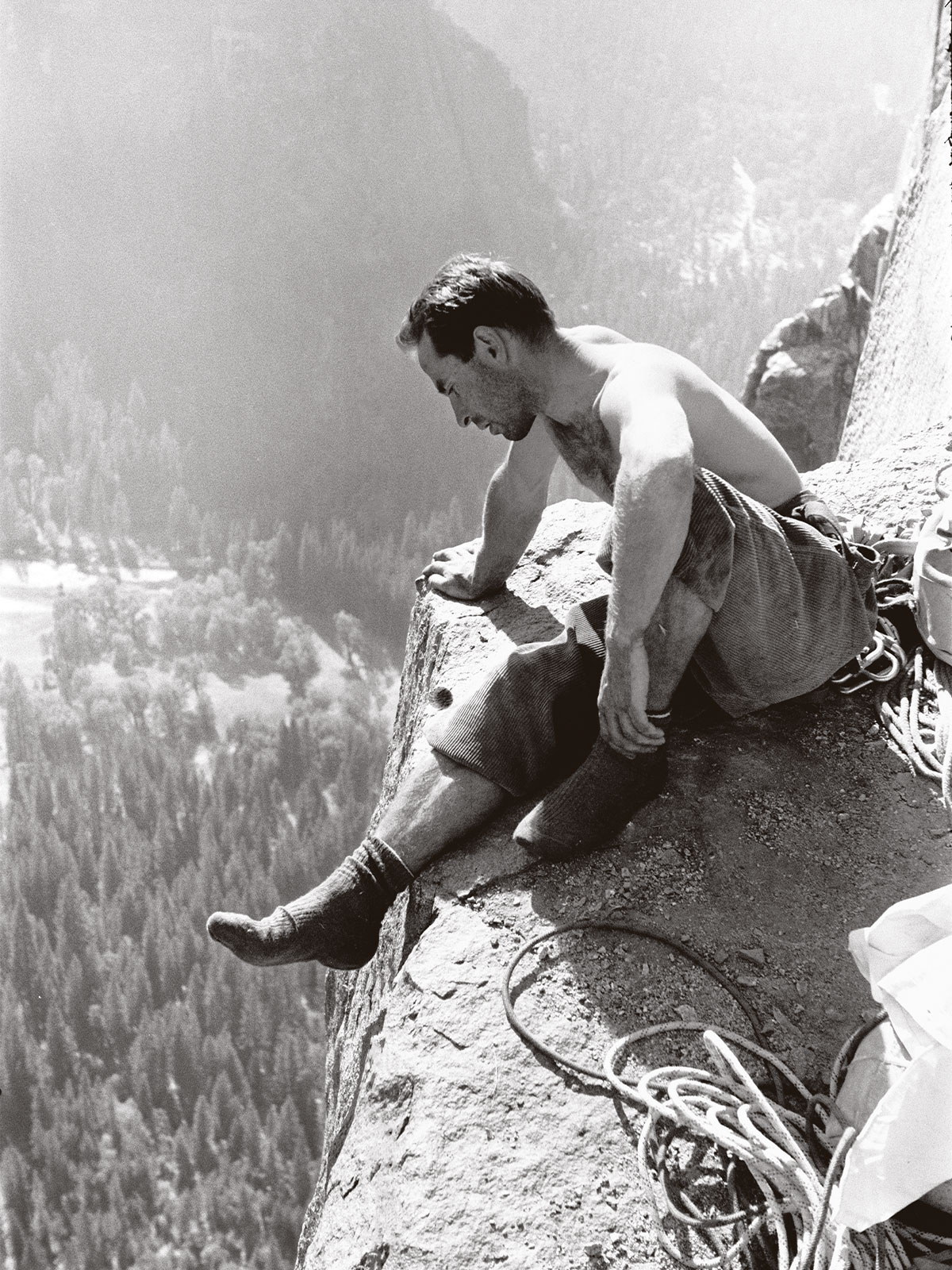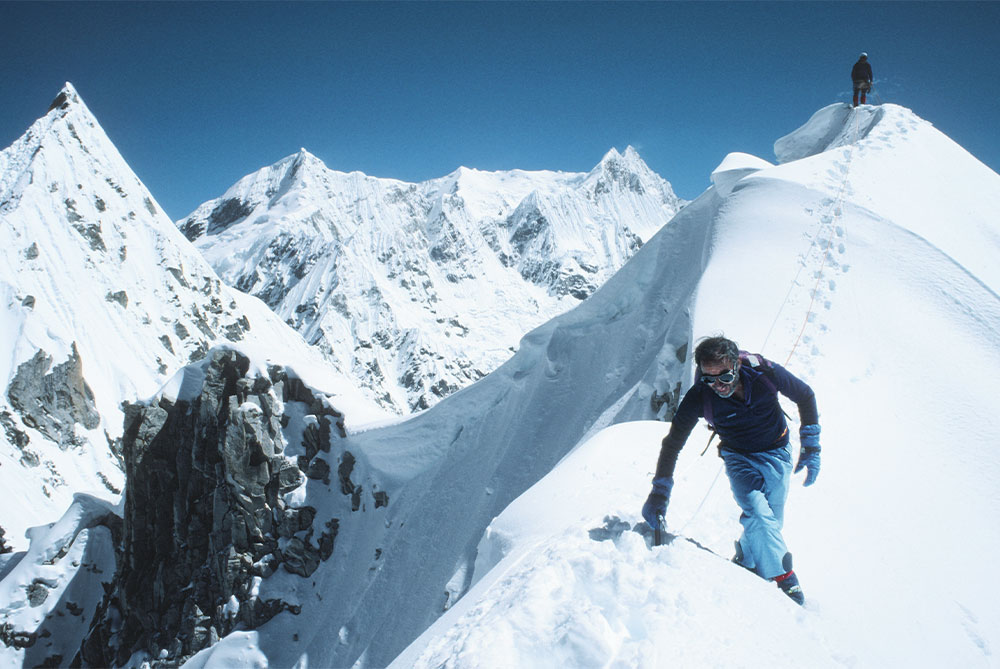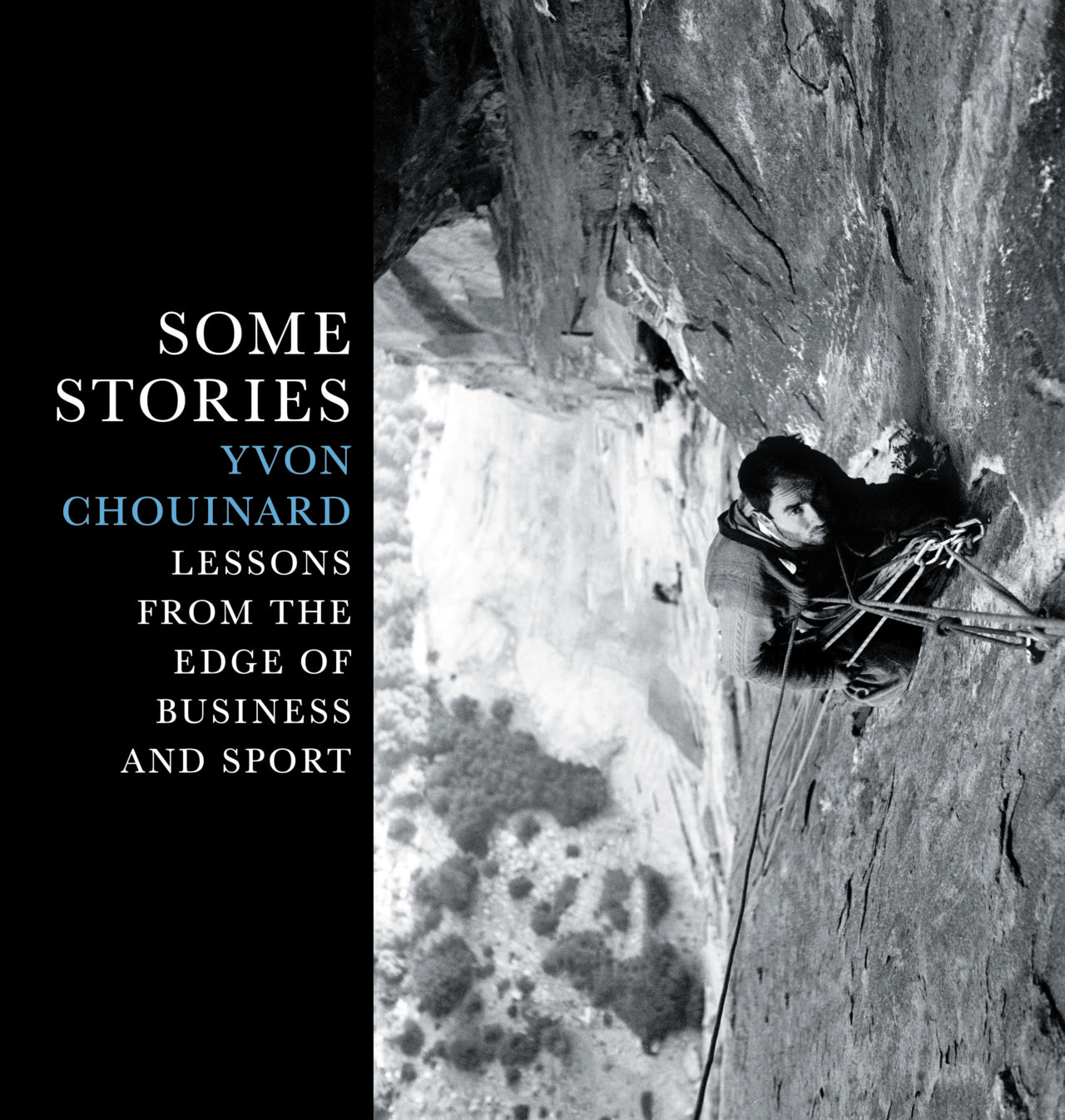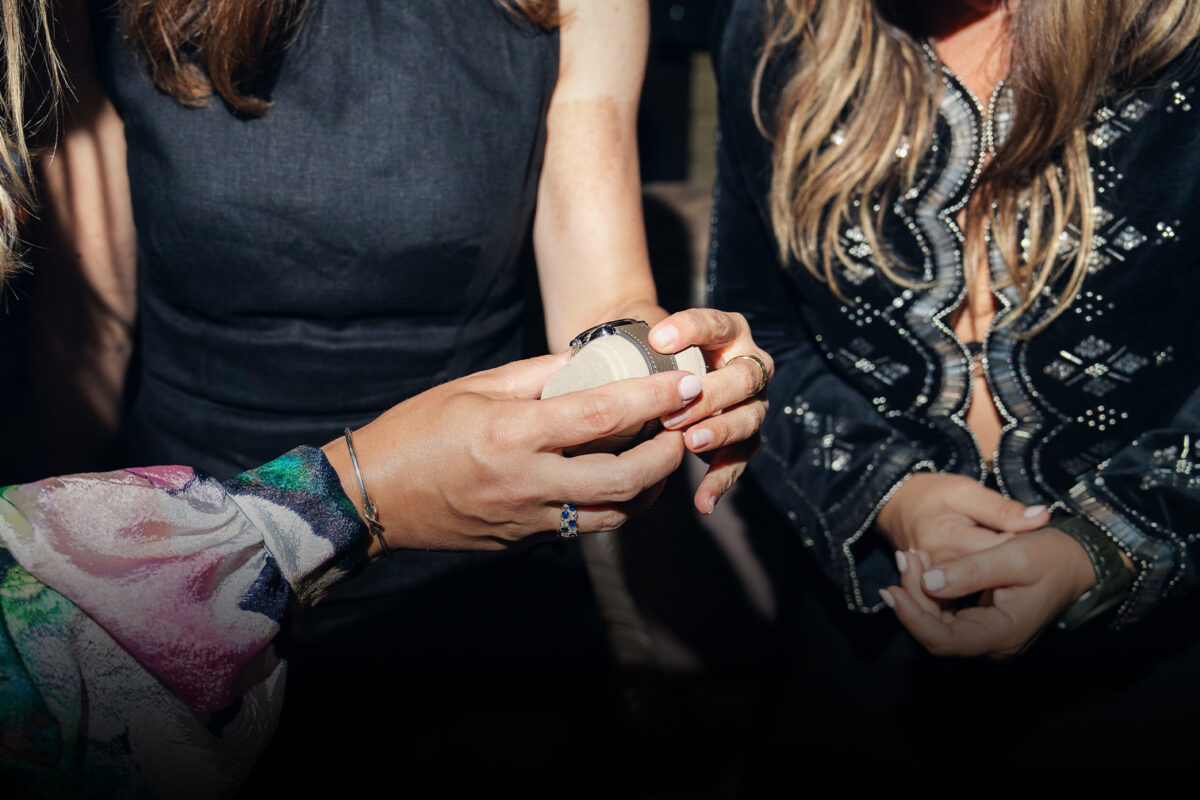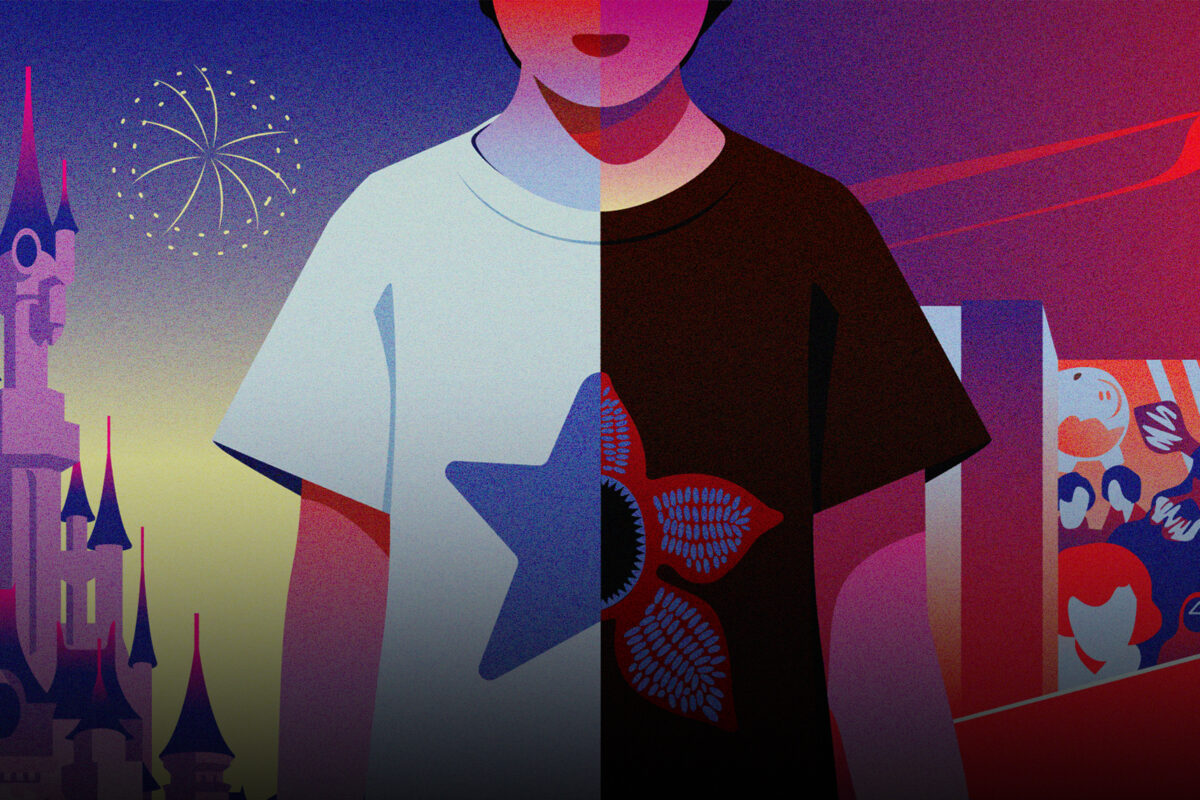A new book by the innovative CEO strengthens the call to protect the environment
Words by JAMIE BRISICK
Yvon Chouinard has mastered the art of occupying seemingly contradictory posts. He is the founder of billion-dollar clothing company Patagonia, and he is a radical environmentalist. Last year, when President Donald Trump reduced the size of Bears Ears and Grand Staircase Escalante National Lands — the largest elimination of protected land in American history — Patagonia updated the homepage of its website. Instead of flashy pics of the latest gear, there was a stark message against a black background: “The President Stole Your Land.” Then the company filed a lawsuit against Trump.
We all know Chouinard’s story. He was a rock climber and surfer who, in 1973 at age 34, founded Patagonia on the premise of self-reliance (Chouinard taught himself to blacksmith and began making and selling pitons that were less damaging than European models to the rocks he was scaling). Then he expanded into more climbing equipment, clothing and, eventually, his first shop in Ventura, Calif.
Chouinard has always been an outlier in corporate America in that he knows quite literally what it feels like to dangle off the edge of a cliff. In his 2005 book, Let My People Go Surfing: The Education of a Reluctant Businessman, he famously encouraged his employees to bail on work when the surf’s up. He also laid down the tenets of what he deemed responsible business practices, which included ecological and political activism. At the time it seemed ahead of the curve. Today it seems essential and urgent.
In his new book, Some Stories: Lessons From the Edge of Business and Sport (Patagonia, $45), Chouinard, now 80, pushes these ideas even further. Beyond those climbing tools he designed in the early days that made great leaps in the sport possible, Chouinard’s company has continually innovated. Patagonia’s first CEO was a woman, Kris McDivitt, who was appointed in 1980. In 1985, the company introduced a self-imposed “earth tax” of 1 percent of its sales (to date, Patagonia has given away some $80 million to environmental causes). In the ’90s, the company even started making fleece out of recycled plastic bottles.
The list goes on. In 2010, Patagonia helped launch the Sustainable Apparel Coalition — a consortium of big retailers, such as Walmart, Macy’s, and the Gap, which are working together to devise a system that would give every purchasable product a sustainability grade. The Coalition’s aim, according to its website, is “an apparel industry that produces no unnecessary environmental harm and has a positive impact on the people and communities associated with its activities.” This helps to explain why a 2011 Patagonia advertising campaign used the slogan “Don’t Buy This Jacket” — an effort to discourage excessive consumption. Ironically, Patagonia’s popularity soared, and so did jacket sales. And in 2012, the company was the first California business to become a B Corp, adopting strict objectives with regard to labor standards and social and environmental impact.
Chouinard and Patagonia have continued to redefine the role and responsibility of the clothing brand, all the while remaining true to its mission statement: “Patagonia is in business to save our home planet.” And the company has continued to grow, even when growth was not necessarily the objective.
Knowing full well that politics and environmental issues work in tandem, Patagonia closed its doors on Election Day in 2016 to raise awareness about the importance of voting. Last year, the business saved
$10 million from Trump’s recent tax cuts. It donated that money to environmental groups. “Our home planet needs it more than we do,” CEO Rose Marcario said in a statement on LinkedIn.
“The importance of environmental action is the most recent lesson that a life on the edge has taught me,” Chouinard writes in Some Stories, which juxtaposes tales of epic climbs with provocative personal letters and other never before published writings by the author. “All along the way, the natural world forces you to see what you might otherwise miss. Our treasure, anything of real value, comes from the Earth and sun, and it’s our responsibility to protect it.”
Feature image: DOUG TOMPKINS, ROB LESSER, JOHN WASSON, REG LAKE and CHOUINARD on Yellowstone River in 1986. Photograph courtesy of Rob Lesser Collection.
This story originally appeared in the May 2019 issue of C magazine.

